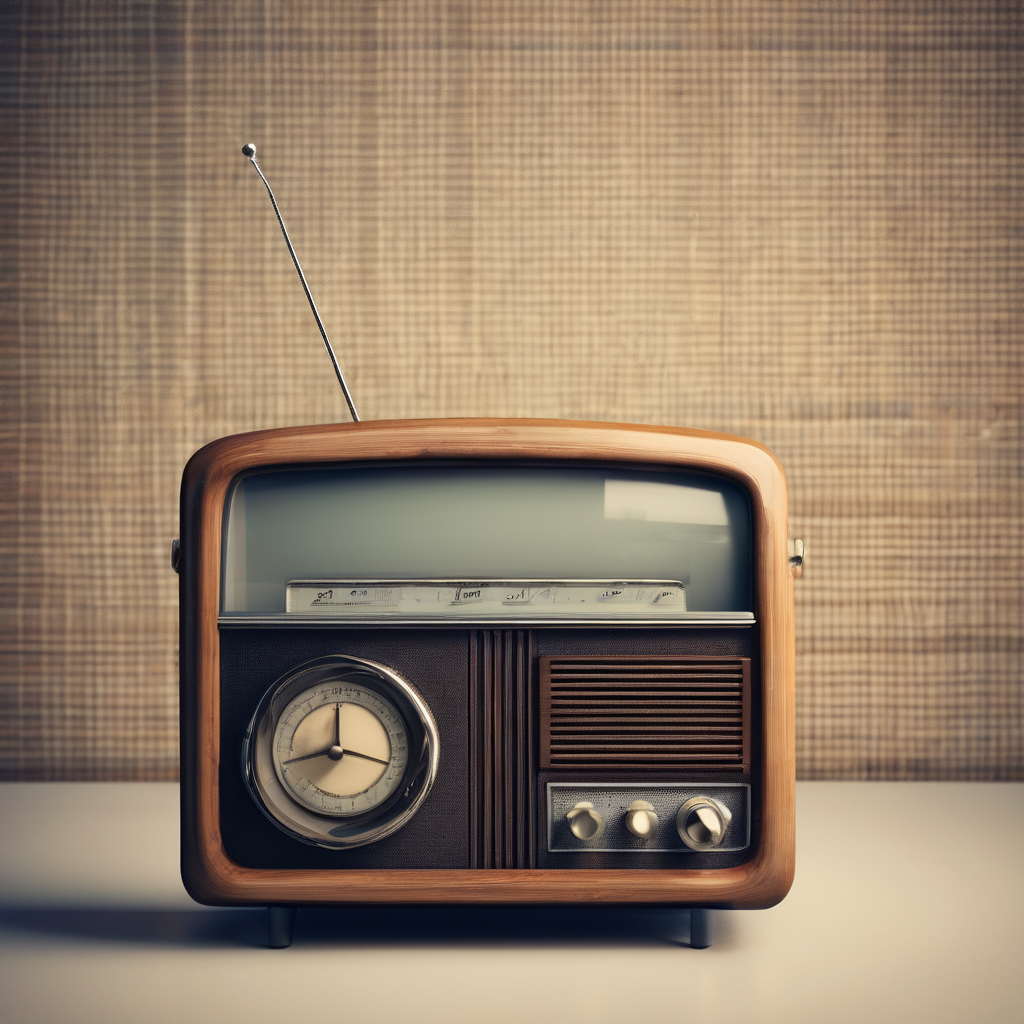The BBC is currently navigating a turbulent period as its leadership contends with allegations of journalistic bias and potential legal challenges from former U.S. President Donald Trump. In a recent urgent meeting with staff, outgoing Director General Tim Davie emphasized the importance of defending the organization’s values while also acknowledging past errors. This comes in the wake of the unexpected resignations of Davie and head of news Deborah Turness, which were precipitated by internal criticism regarding the broadcaster’s impartiality, particularly in its coverage of Trump.
Trump’s legal representatives are demanding the retraction of a controversial documentary that they claim misrepresented one of his speeches. The threats of legal action could amount to a staggering $1 billion if the BBC does not comply with their demands by the specified deadline. The documentary in question allegedly manipulated segments of Trump’s remarks to imply that he incited violence during the Capitol riots on January 6, 2021.
In his parting remarks, Davie expressed immense pride in the BBC’s legacy of upholding press freedom. However, he conceded, “we have made some mistakes that have cost us,” calling upon his colleagues to unite in support of the organization during these difficult times. This situation has reignited discussions about the BBC’s funding model, with various politicians claiming that the organization leans toward favoring the governing Labour Party, a perception that critics argue jeopardizes its credibility as a public service broadcaster.
Culture Minister Lisa Nandy came to the BBC’s defense, reiterating its crucial role in maintaining high journalistic standards in a media landscape increasingly threatened by misinformation. A recent YouGov poll indicated that a significant portion of the British public believes the BBC exhibits left-wing bias, further deepening the divisions in public opinion regarding the broadcaster’s position in the media.
Amid this ongoing crisis, the BBC’s leadership transition has prompted extensive commentary on the standards and accountability of media institutions. Observers suggest that this juncture could act as a catalyst for the BBC to reassess and reinforce its commitment to impartial reporting, striving to rebuild public trust during a time of heightened scrutiny and polarization in the media landscape.
As discussions unfold, the main focus is how the BBC can effectively address these challenges and reaffirm its dedication to fair journalism, ensuring its continued significance as a reliable platform in an increasingly divided news environment. This situation presents a critical opportunity for the BBC to reflect on its editorial practices and work towards restoring its reputation as a credible news source.
